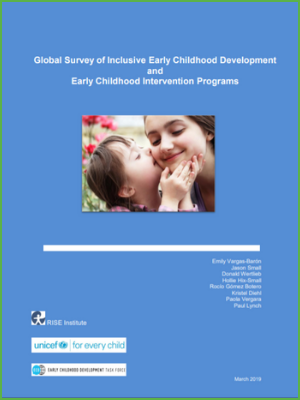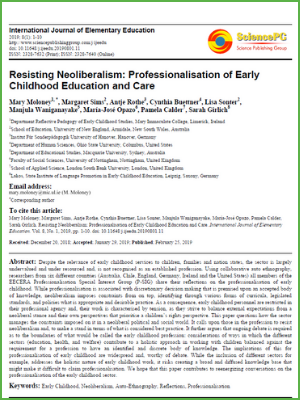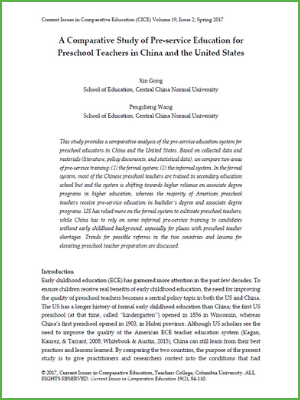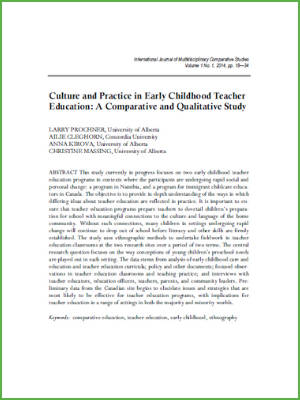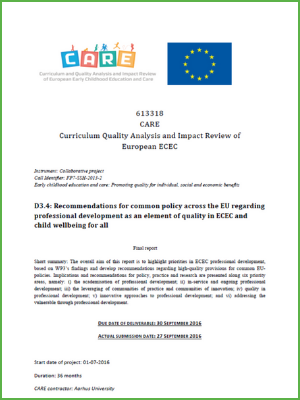Guidelines to Strengthen the Social Service Workforce for Child Protection

The Guidelines to Strengthen the Social Service Workforce for Child Protection 2018 (the Guidelines), developed in consultation with UNICEF Headquarters and regional offices and the Global Social Service Workforce Alliancec (GSSWA), are informed by evidence of ‘what works’ and lessons learned in the field. They are designed to accelerate UNICEF regional and country offices’ programming on social service workforce strengthening, and support work to better plan, develop and support the social services workforce with national and regional partners. The Guidelines are intended to complement the Programme Guidance on Preventing and Responding to Violence Against Children and Adolescents (Programme Guidance on VAC), recognizing that a qualified social service workforce, paid and unpaid, government and non-governmental professionals and para-professionals are often the first line of response for children and families and the most important element of a well-functioning child protection system.
Authors: Year of Publication:2019
www.socialserviceworkforce.org


